Cosmetic
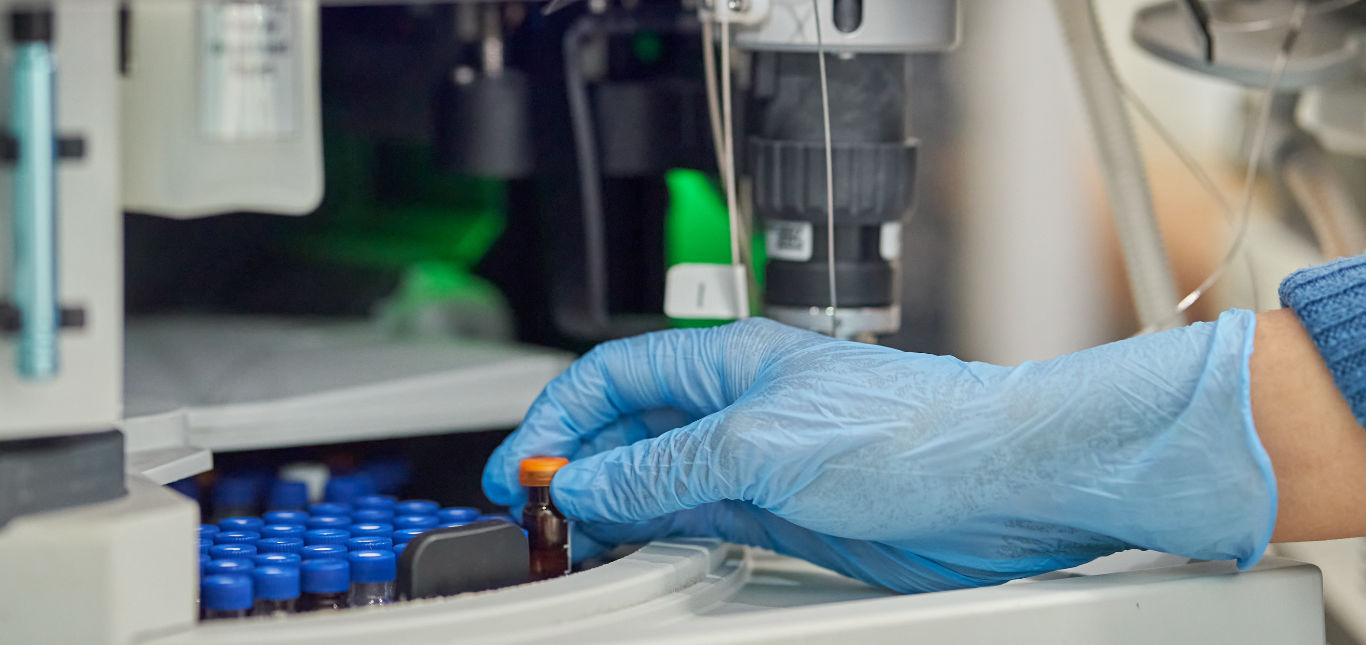
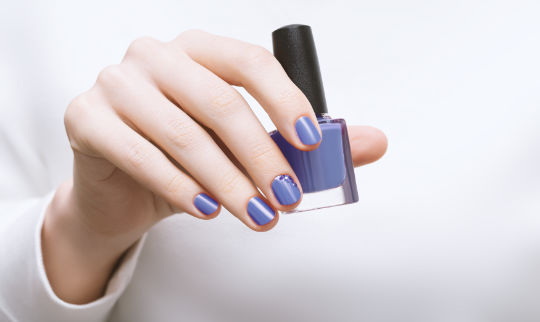
Physical
Testing
Physical parameters are chosen based on the type of product formulation, but some of the most commonly investigated parameters are viscosity, density, pH, phase separation, physical state and organoleptic properties (odour, colour).
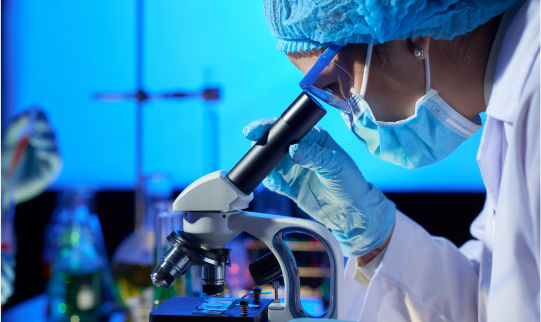
Microbial
Testing
Microorganisms in cosmetics may cause spoilage or chemical change in the product and can possibly harm cosmetic, health, beauty and personal care product consumers. This test determines the total number of aerobic bacteria present per mL or gram of the personal care or cosmetic product.
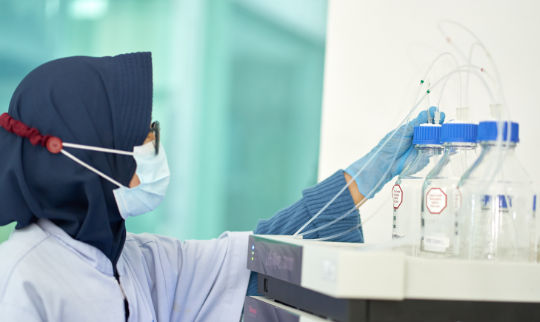
Heavy
Metals
Due to cosmetics being in direct contact with the skin, heavy metals present in them become concentrated and enter human tissues. The heavy metals then can bind to and interfere with the functioning of organs and body systems, becoming toxic.
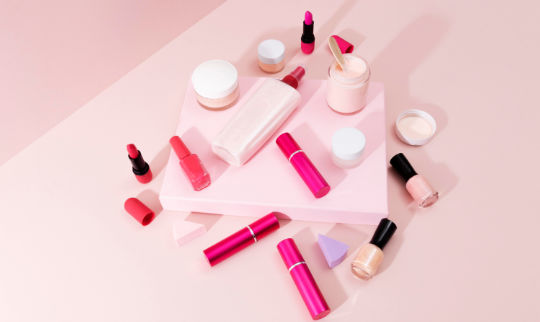
Chemical
Additives
Cosmetics are required to be safe when consumers use them according to directions in the labeling, or in the customary or expected way.
Color additives in cosmetics include dyes and pigments, this group of ingredients is the most tightly regulated group in the cosmetic industry today. They play an important role in making creams and shampoos seem more appealing, or for make-up in actually staining the skin.

